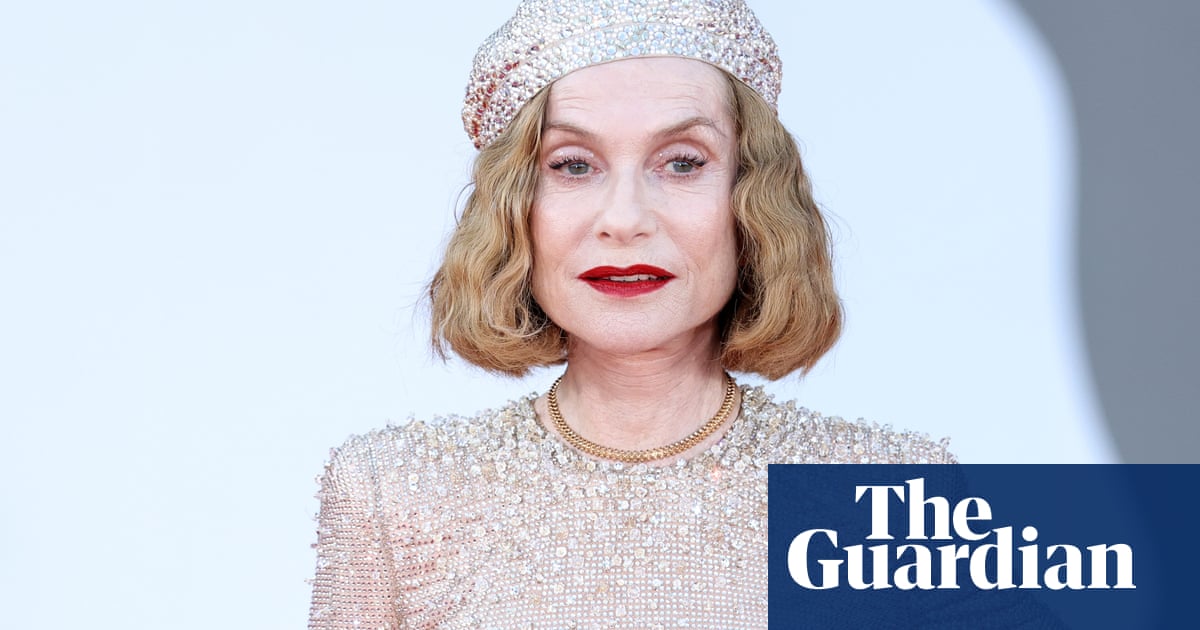France has quite a few grandes dames of cinema, with Catherine Deneuve, Juliette Binoche and Isabelle Adjani all very much in the game. But none can hold much of a candle to Isabelle Huppert, who is firing on all cylinders as she enters her 70s, in her sixth decade of headline acting performances. Tightly wound and fiery, while simultaneously self-contained and tough as nails, Huppert’s acting persona has been instrumental to a string of masterpieces – and even if the film around her isn’t that great, she’s always magnificent to watch.
With so many amazing credits, stretching back to the 1970s, it’s hard to pick out a few, but we’ll have a go: early attention-grabbers like The Lacemaker and The Judge and the Assassin that graduated to fully-fledged lead performances in Loulou and Claude Chabrol’s Madame Bovary. Then the really extraordinary ones: La Cérémonie, Ruth Rendell’s scary domestic thriller; the traumatic and traumatising The Piano Teacher directed by Michael Haneke; Claire Denis’ steely White Material; and, of course, Paul Verhoeven’s transgressive rape thriller Elle, for which she was nominated for an Oscar.
Huppert also likes a collaboration: she’s made numerous films with Chabrol, Haneke, Bertrand Blier – and François Ozon, the director of her new one, The Crime Is Mine, a period thriller in which she plays a washed-up silent film star. (Back in 2002 she appeared in Ozon’s cosy-crime musical 8 Women.)
So what would you like to ask Huppert as she drops in for the Guardian reader interview? Maybe something about Heaven’s Gate, not her first English-language film but the one that brought down the American auteur era? Or what it was like working with Jean-Luc Godard? Whatever is on your mind, please leave a question in the comments by 4pm on Tuesday.







